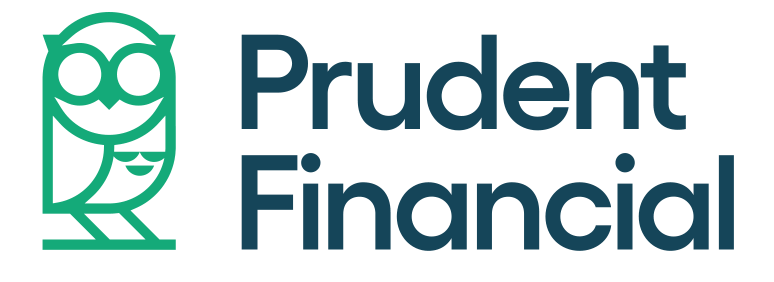
The Bank of Canada (BOC) interest rate is staying the same for January 2020. It’s the 10th time in a row this has happened — the interest rate has stayed at 1.75% since October of 2018.

But the January 2020 BOC announcement pointed to an interesting trend – Canadians appear to be spending less and saving more money.
“During the past year Canadians have been saving a larger share of their incomes, which could signal increased consumer caution,” the BOC stated.
“This could dampen consumer spending but help to alleviate financial vulnerabilities at the same time.”
What does this mean exactly? According to the BOC, Canadians have been less likely to spend money, indicating that they are saving more. This could be because Canadians are deeper in debt and need that money to make ends meet. They don’t have as much room in their budget for spending.
While this is bad for the economy, it’s also beneficial in that being more cautious with spending could help Canadians save more for the future and limit future risk of going into debt.
Along with this insight, the BOC also pointed to a few worrying trends:
- Job growth is slowing, meaning fewer people are being hired.
- Business investment is weakening.
- And along with less consumer spending, some businesses could be hurting.
This could all point to more reasons to save money sooner rather than later.
How to Save Money Using the Interest Rate Hold
The latest Bank of Canada interest rate hold is a great opportunity to learn how to save more money.
Here’s how to go about it:
- Create a budget.
As the BOC noted, many Canadians are spending less. A budget helps you see where you may be spending more than necessary and cut back.
You can differentiate between needs and wants. It can also help to determine your spending priorities. What items are important to you to keep in your life (like a weekly dinner date) and what items could be taken off (like your cable TV subscription)?
Even just tracking expenses for a week or two can be eye-opening to see where your money is truly going.
Learn more about creating a budget: https://www.prudentfinancial.net/options-for-cutting-your-monthly-expenses-by-50-per-cent-or-more/
- Create savings goals.
A good goal can help keep your eye on the prize when it comes to saving. It can also help prioritize when you’re faced with a tempting spending decision. Would you rather have lunch out now or go on that great vacation next year?
Some people even make spending goals visual by tracking it on a calendar, a spreadsheet, or through a chart on the fridge that gets coloured in as more money is saved.
If you identify your savings “why” it can be easier to stick to your goals. The whys can span from “to create an emergency fund” to “wedding planning” to “retirement” and more!
Learn more about financial goal setting: https://www.prudentfinancial.net/setting-financial-goals-that-get-results/
- Address high-interest debt.
One of the biggest detriments to any budget is debt. Some debt, like your mortgage, is necessary and can help your credit score. But other debt — especially high-interest debt such as credit cards or payday loans — does more harm than good in the long run.
It also doesn’t help save money. If you’re putting $500 towards your credit cards each month, that’s $500 you could be putting into your savings account.
One of the most effective ways to save more money is to eliminate problem debt. And the Bank of Canada interest rate hold makes this the perfect time to do so.
If you have equity in an asset, like a house or a paid-off vehicle, you could take out a personal loan from Prudent Financial, for example, and use that money to consolidate your other debt payments. You could then pay off your high-interest credit card debt and repay the personal loan over a fixed, regular schedule that is easy to plan for.
Learn more about getting out of debt: https://www.prudentfinancial.net/category/debt-consolidation/
- Fix your credit score.
Believe it or not, your credit score can actually affect your money-saving abilities. That’s because a bad credit score affects not only what financing interest rates you can get, but it might also affect the interest rates on your utility bills, your car payments, and even your ability to get a job.
The BOC interest rate hold is also good for fixing credit. If you took out a personal loan from a reputable equity lender that reports to the Canadian credit bureaus (like Prudent Financial) you could raise your credit score by practicing good payment habits.
Learn more about fixing your credit score: https://www.prudentfinancial.net/rebuilding-credit-new-years-resolution/
Whatever method you choose, if you want to learn how to save more money there is a way.
The next Bank of Canada interest rate announcement is scheduled for March 4, 2020. Prudent Financial can help you deal with debt and fix your credit before then.
Contact us today for a free consultation. Call 1-888-852-7647 or visit www.prudentfinancial.net.
